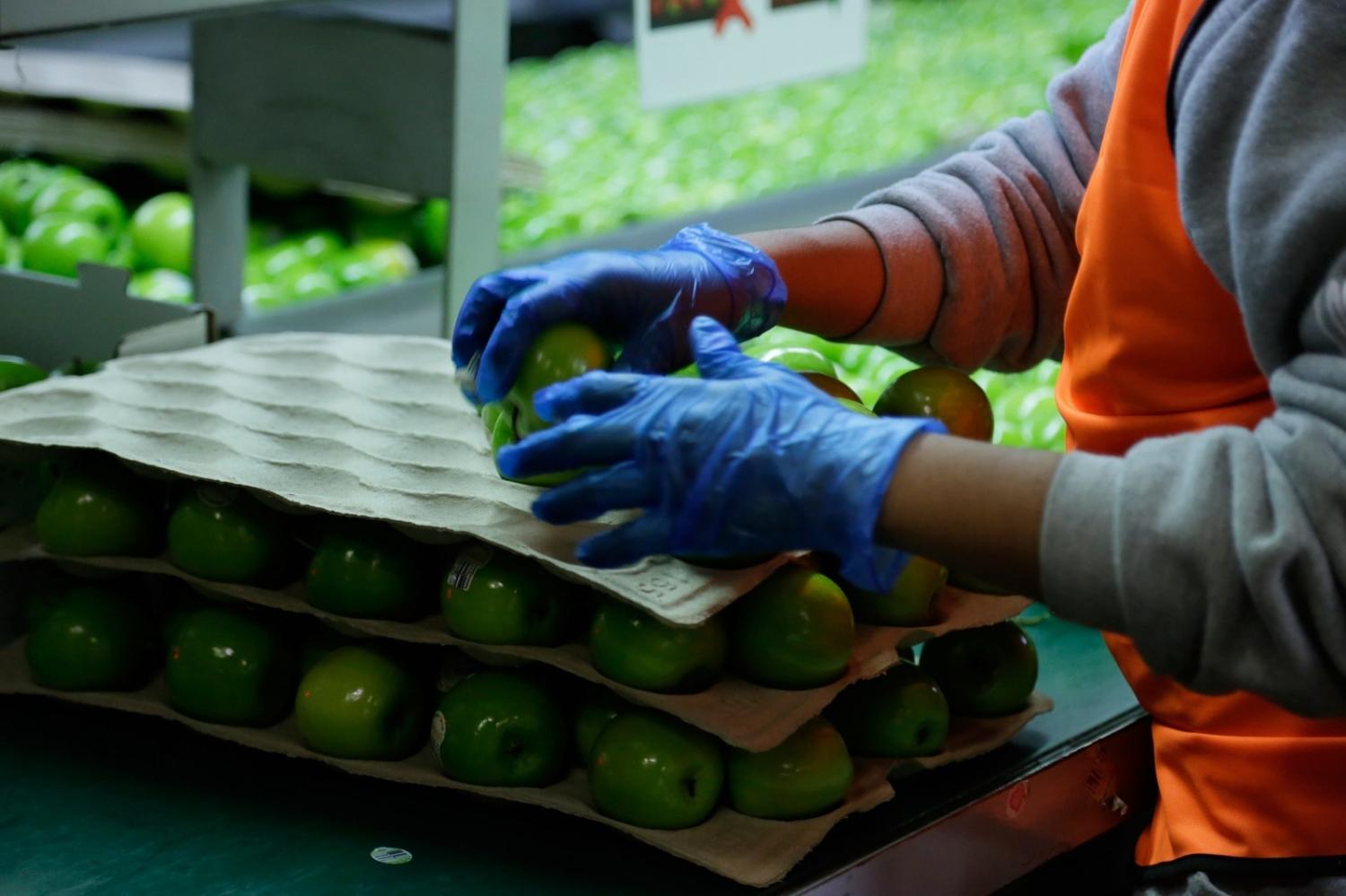The Pacific Engagement Visa (PEV) program is expected to go live in the coming weeks – a promise by the Labor government to draw 3000 eligible citizens from across the Blue Pacific nations of the region and Timor-Leste for permanent residency in Australia. But the proposal has not been without contention, particularly over its delivery. In March, the Opposition triggered a senate inquiry, with shadow immigration minister Dan Tehan saying “we support the concept of a Pacific Engagement Visa, but we do not support this being done by a lottery or a ballot”.
This led to 23 submissions to the Senate Legal and Constitutional Affairs Legislation Committee on the Migration Amendment Bill 2023 and the Migration Charge Bill.
In a submission to the inquiry, we did not oppose the PEV, but instead suggested the strategic allocation of visas through greater regional cooperation. We proposed a Pacific Mobility Index (PMI) as a Blue Pacific inspired concept in response to the real issues affecting the region such as climate change. We also questioned the authenticity of the proposed PEV against growing geostrategic competition and Australia’s commitment to strengthening its position as a member of the Pacific family. We called for greater regional cooperation through the Pacific Islands Forum Secretariat as the apex regional institution – rightful brokers and negotiators of initiatives that will impact its Blue Pacific citizens.
A recent report following public hearings summarised the submissions and additional comments. We will find out more in the coming weeks about how the PEV will be managed.
The submissions to the Senate inquiry ranged from representatives of Australian business to farmers, churches and the Pacific diaspora.
About half of the submissions (11) were in support of the PEV, with six against. Three submissions came from businesses and farmers who supported the PEV but called for a revised system that prioritised existing workers on the Pacific Australia Labour Mobility (PALM) schemes. Their main argument was that PALM workers already had experience in Australia through their employment to demonstrate strong enough ties to become eligible for permanent migration through the PEV. This case seemed reasonable if Australia’s intention was to offer this visa to those countries with higher numbers in the PALM scheme (Vanuatu, Tonga, Fiji and Samoa), who would gain the most from this proposal. It would not favour smaller contributing nations such as Papua New Guinea and Kiribati, who have struggled to significantly increase their numbers in the PALM.
Seven submissions represented the Pacific diaspora, with six of these rejecting the PEV on three grounds. First, that the allocation of the PEV is intended to be proportional to population size, which would favour countries such as PNG who have the highest population. Second, that the Pacific diaspora already residing in New Zealand would be excluded. And third, that Pacific Island countries and territories that already have access to New Zealand and the United States would be excluded. These objections reflect the diversity of views across the region but are not necessarily reflective of a regional view. Eight submissions called for Australia to use the PEV for better “engagement” with the Pacific, although failed to provide any detail about what this engagement should look like or how it would work.
Climate change is an existential threat to the Blue Pacific. Yet only two submissions cited the use of PEVs as a social responsibility in response to potential climate change displacement. It would be remiss of Australia to ignore the importance of strategic visa allocations from low-lying atoll countries such as Kiribati, Tuvalu and Nauru, which would view the PEV as an alternative opportunity in the face of displacement due to climate change. Given these countries do not have the country quota size to compete with bigger regional players, and already have very low participation rates in the PALM scheme, low-lying countries would be severely disadvantaged.
The Pacific is aware of the need for regional solidarity, and during the Special Leaders Retreat earlier this year, Pacific leaders asked the Pacific Islands Forum Secretariat to report on the challenges and opportunities of labour mobility schemes. The PIF Secretariat recently partnered with the International Organisation for Migration to develop a regional labour mobility strategy and has begun its consultations.
Another critical issue that was not addressed adequately in the submissions to the Senate inquiry was the alignment of Australia’s interests to the Pacific Blue 2050 Strategy in embracing regional harmony in the face of intense geostrategic competition. Initiatives such as the PEV should discourage unintended consequences, including competition in the region for these highly prized visas.
Our submission called for greater regional cooperation as critical in promoting solidarity if the PEV is to be successfully delivered. The PMI concept is an ongoing project that offers a Blue Pacific based approach to strategically guide the PEV selection process. Climate vulnerability, diaspora relative to country population size, and social wellbeing are the three core dimensions of the PMI. It will be of significant value to partners that have mobility interests in the region, including for the operation of the PEV, consistent with the values of the Pacific family as espoused in the Blue Pacific 2050 Strategy.


